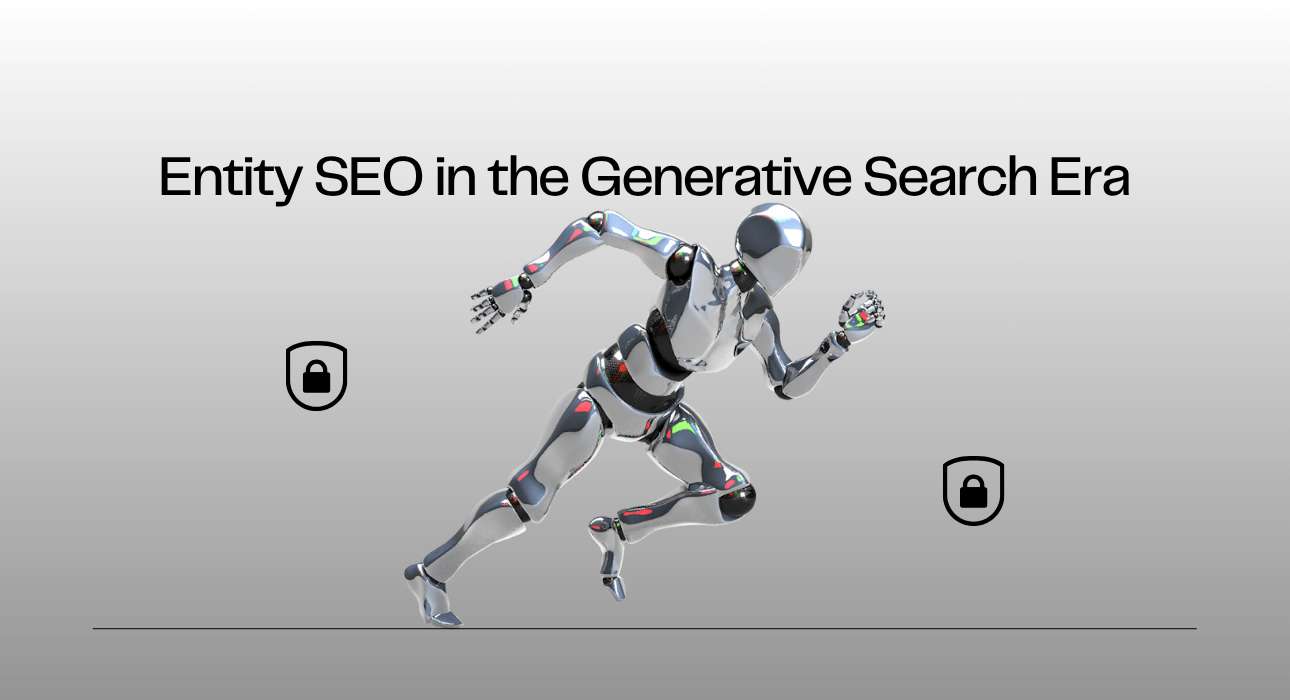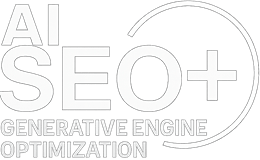Cursor
mode
SEO PLUS GEO
Entity SEO in the Generative Search Era

Entity SEO is becoming a cornerstone of search optimization in the generative search era. With search engines like Google shifting toward AI-powered systems like SGE (Search Generative Experience), understanding and optimizing for entities — rather than just keywords — is essential. This guide explains how Entity SEO enhances relevance, context, and visibility in generative search environments.
What is Entity SEO?
Entity SEO focuses on optimizing content around clearly defined topics, people, places, organizations, and concepts — known as entities. Unlike traditional keyword matching, entity optimization improves how search engines understand meaning and context.
Entities vs Keywords
Keywords are individual search terms, while entities represent real-world concepts. Google’s Knowledge Graph uses entities to connect topics, enhancing SERP accuracy and semantic understanding.
Structured Data for Entities
Implement schema markup like Person, Organization, Product, or FAQ to signal important entities on your page. This helps AI systems categorize and contextualize your content.
Build Contextual Relationships
Use internal linking and surrounding content to reinforce entity relationships. For example, link “SEO strategy” pages to “Google SGE” and “Content Optimization” pages to create a knowledge web.
Why Entities Matter in Generative Search
Generative AI uses entity-based understanding to generate more accurate, informative, and contextual answers. Optimizing for entities helps your brand become part of the AI’s answer graph.
SGE Summaries Pull Entities
Search Generative Experience highlights key entities in its AI-generated responses. Optimizing for those entities increases your chances of being featured in summaries.
Improved Semantic Matching
Search engines now go beyond keywords to understand user intent. Entities help your content match intent by providing meaning-rich signals.
Higher E-E-A-T Scores
Entities help establish trust and authority. Google assesses how well your site is associated with known entities, which boosts credibility and rankings.
- AI SEO +GEO Services
- SEO Services
- Social Media Services
- Website Services
- Ads & Campaign Services
- Reach Us
Entity Optimization Techniques for AI SEO
Modern AI SEO requires deliberate entity optimization strategies that align with how generative engines interpret and rank content.
Leverage Google's Knowledge Panels
Research entities that appear in Google’s Knowledge Graph or panels and align your content around those high-authority concepts.
Use NLP Tools for Entity Extraction
Tools like IBM Watson NLU, Google NLP API, or On-Page.ai help extract entities from your content to ensure you're targeting semantically rich topics.
Write Content with Semantic Depth
Cover the who, what, where, when, and why of a topic to naturally include related entities. Depth and context are key for generative engines to trust your content.
Integrating Entity SEO with GEO and SGE
Entity SEO isn’t separate from GEO or SGE — it powers both. Generative engines rely on entity understanding to deliver personalized, relevant, and trustworthy answers.
Link Entities to Topical Clusters
Use entity-based content hubs to create authoritative topical clusters that enhance your site’s visibility across semantic themes.
Optimize for Entity-Focused Queries
Target queries that mention people, brands, tools, or concepts — like “best AI SEO tool” or “Google SGE update” — to align with entity-focused searches.
Track Entity-Based Rankings
Use SEO tools that monitor entity presence and relevance, not just keyword rank, to understand how you’re performing in generative SERPs.
Conclusion – Entity SEO is the New Keyword Strategy
In the age of generative search, Entity SEO is no longer optional — it’s essential. Search engines now interpret context, relationships, and meaning through entities rather than strings of keywords. By building semantically rich content that aligns with real-world entities, you can future-proof your SEO strategy, gain better visibility in SGE, and become part of the next generation of intelligent search experiences.



